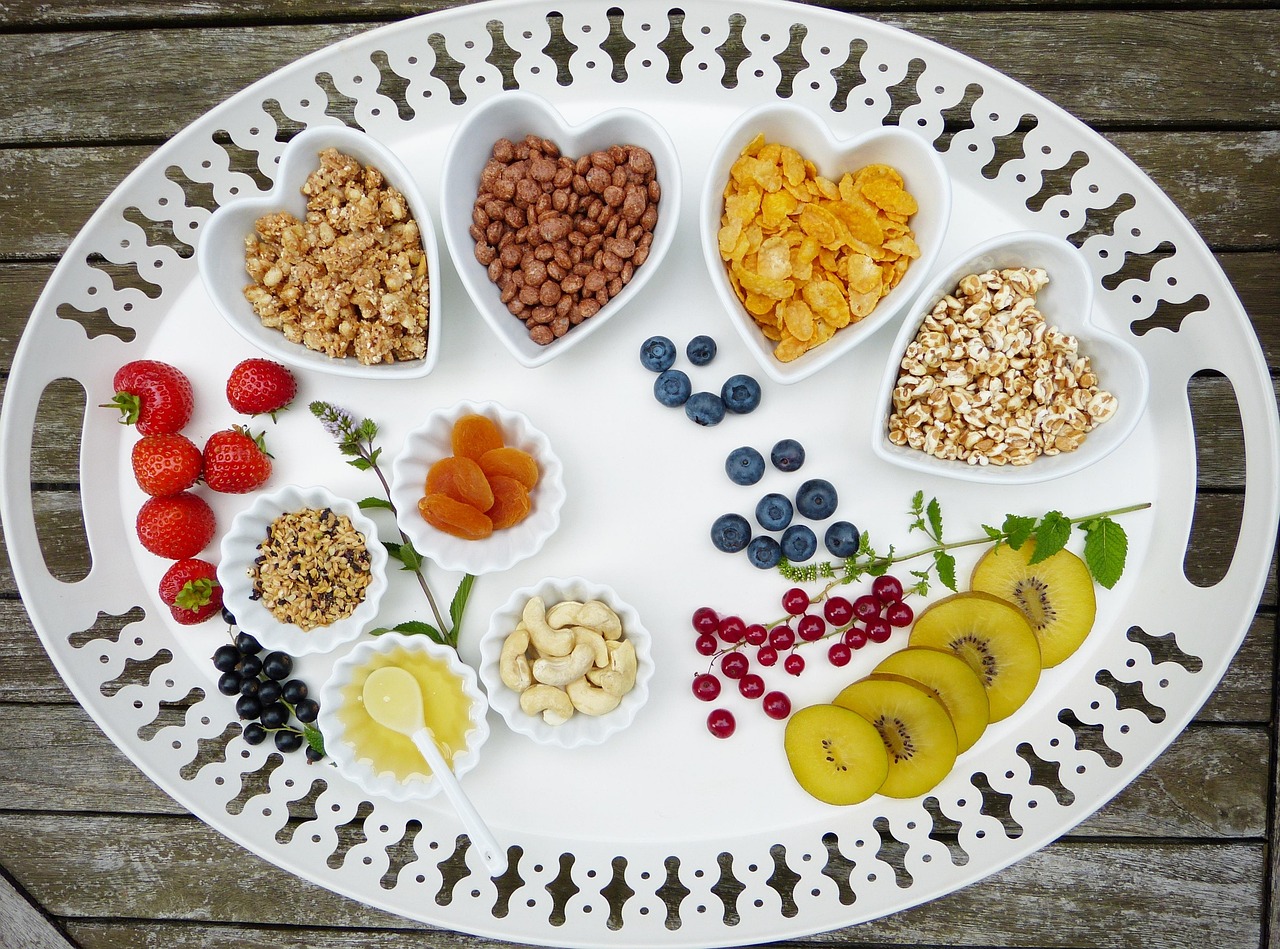Have you ever arrived at the gym feeling lethargic? Has your energy level dropped halfway during your workout? Are your muscles not cooperating the way they should? You’re not alone. Many people experience this lack of energy and motivation when working out.
This blog post discusses the importance of pre-workout nutrition for fitness enthusiasts to maximise their workouts and achieve their goals.
It provides practical tips on what to eat before lifting, the specific macronutrients needed, and the best timing to consume them, ensuring peak performance.
The Importance of Pre-Workout Nutrition
Proper pre-workout nutrition isn’t just a suggestion; it’s a fundamental aspect of effective weight training. It’s the foundation upon which you build your strength, endurance, and overall performance. Here’s why:
Energy for Performance
Food is your body’s fuel. During intense weight training, your muscles rely heavily on readily available energy sources, primarily glycogen (stored carbohydrates) and blood glucose.
Consuming carbohydrates before your workout replenishes glycogen stores, ensuring you have the energy needed to power through your sets.
Without adequate fuel, you’ll likely experience fatigue, decreased performance, and an inability to push yourself to your full potential.
This is especially true for longer and more intense workouts.
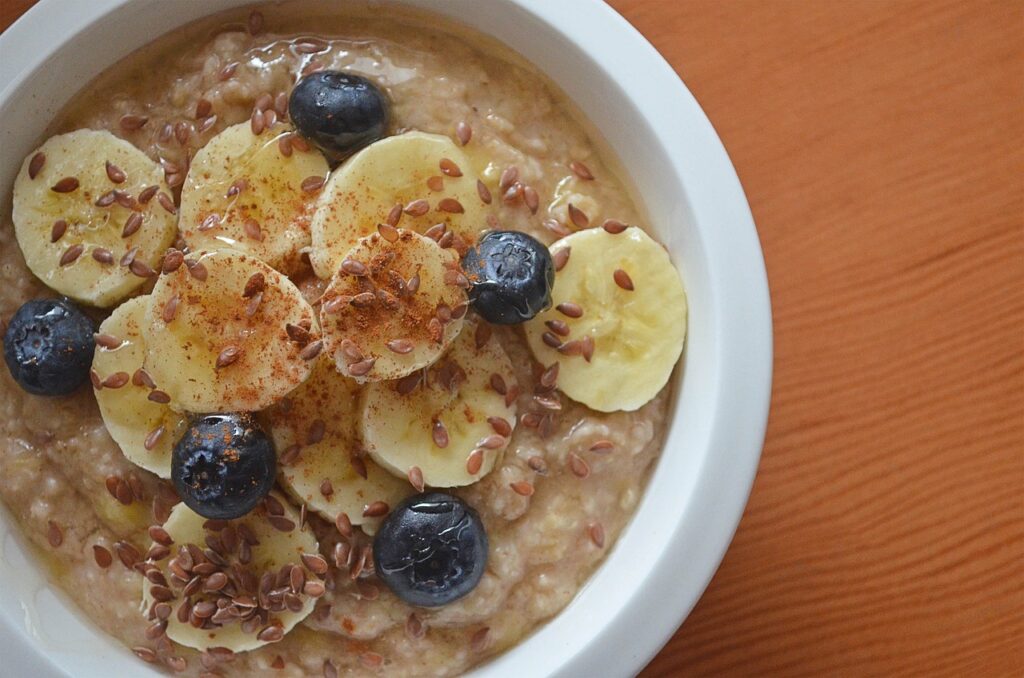
Muscle Protein Synthesis
While carbohydrates provide the primary energy source, protein plays a crucial role in muscle repair and growth.
Consuming protein before your workout can initiate muscle protein synthesis, the process by which your body builds and repairs muscle tissue.
This not only supports muscle growth but also helps to minimise muscle breakdown during your workout.
This helps with recovery, as well.
Preventing Fatigue
Proper pre-workout nutrition helps to stabilise blood sugar levels, preventing energy crashes and delaying fatigue. By providing your body with a steady supply of nutrients, you can maintain consistent energy levels throughout your workout, allowing you to train harder and longer.
Hydration also plays a huge part in this. Dehydration can lead to early fatigue.
Macronutrients for Pre-Workout
When it comes to fuelling your body for a weight training session, understanding the role of macronutrients is key. Not all macros are created equal in the pre-workout context. Here’s a breakdown:
Carbohydrates: The Energy Source
Carbohydrates are your body’s primary source of energy, especially during high-intensity activities like weight training. They replenish glycogen stores, providing the fuel your muscles need to perform.
Complex carbohydrates are generally preferred over simple sugars before a workout. They provide a sustained release of energy, preventing blood sugar spikes and crashes. Examples include:
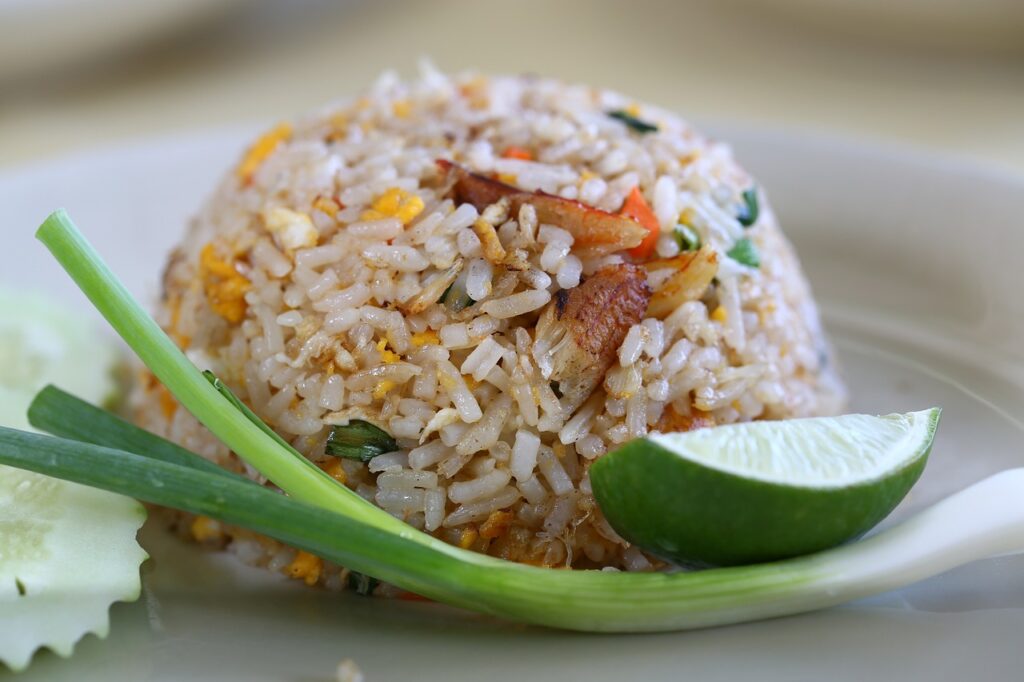
- Oatmeal
- Sweet potatoes
- Brown rice
- Whole-grain bread
While simple carbohydrates can provide a quick energy boost, they can also lead to energy crashes, so they are best used sparingly, if at all.
Protein: Muscle Support
Protein is essential for muscle repair and growth. Consuming protein before your workout can help initiate muscle protein synthesis and minimise muscle breakdown during training.
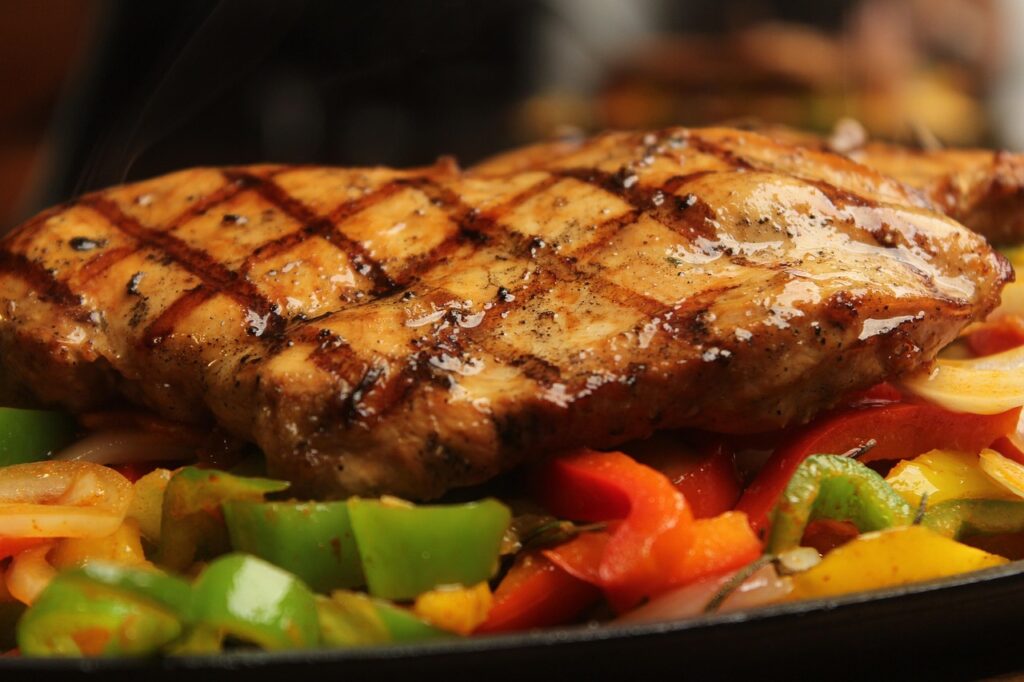
Fast-digesting protein
Are ideal before a workout, as they are quickly absorbed by the body. Examples include:
- Whey protein isolate
- Lean poultry (chicken or turkey)
- Egg whites
This provides amino acids to the muscles when they need them most.
Fats: Limited Pre-Workout
While healthy fats are crucial for overall health, they should be limited before a workout. Fats slow down digestion, which can lead to discomfort and sluggishness during training.
While small amounts of healthy fats are okay, very high-fat meals right before training should be avoided.
Healthy fats are very important at other times of the day.
Timing of Pre-Workout Meals
The timing of your pre-workout meal is just as important as the macronutrients you consume. Here’s a general guideline:
1-2 Hours Before Your Workout:
This allows ample time for your body to digest and absorb the nutrients.
A larger meal with a balance of carbohydrates and protein is ideal.
Meal examples:
- Chicken breast with sweet potato and steamed vegetables
- Oatmeal with berries and a scoop of whey protein
- Whole grain toast with eggs and avocado.
30-60 Minutes Before Your Workout:
If you’re short on time, a smaller, easily digestible snack is sufficient.
Focus on simple carbohydrates and fast-digesting protein.
Snack examples:
- A banana with a scoop of whey protein
- A rice cake with a small amount of nut butter
- A protein shake
What to Avoid:
Avoid foods high in fat and fibre right before a workout, as they can cause digestive discomfort.
Also, avoid sugary drinks, as they can lead to energy crashes.
Try to avoid any new foods that your stomach is not used to.
Hydration
Hydration is an often-overlooked, yet absolutely critical, component of pre-workout preparation. Even mild dehydration can significantly impair performance, leading to decreased strength, endurance, and focus. Here’s why staying hydrated is crucial:
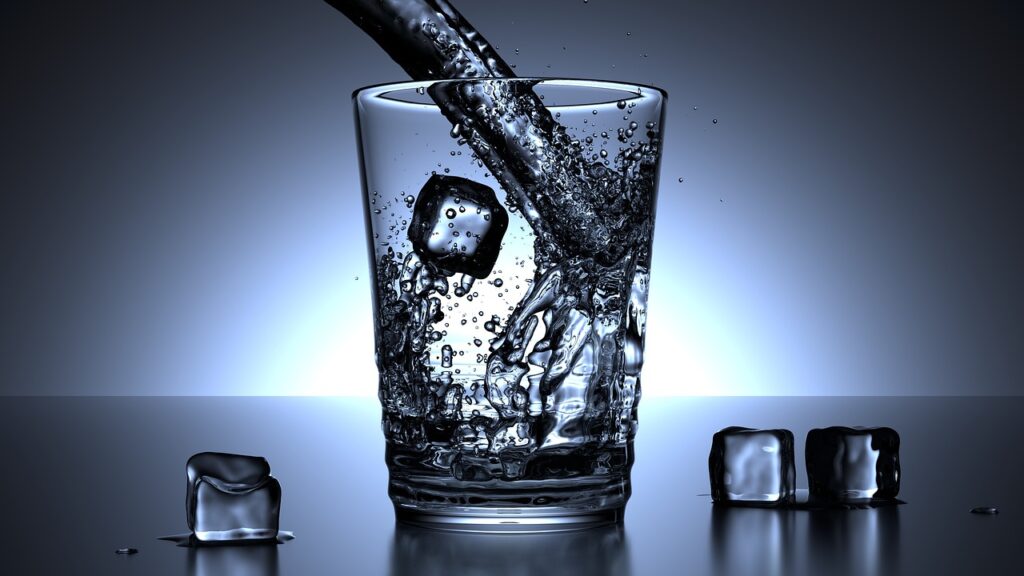
Importance of Hydration
During exercise, your body loses fluids through sweat. Dehydration reduces blood volume, making it harder for your heart to pump blood to your muscles.
This can result in fatigue, muscle cramps, and decreased cognitive function.
Electrolytes, such as sodium and potassium, are also lost through sweat and play a vital role in muscle function and hydration.
Hydration Strategies
Before your workout: aim to drink 400ml-600ml of water 2-3 hours before exercise. Drink another 200ml-300ml 20-30 minutes before.
During your workout: drink 200ml-300ml of water every 10-20 minutes, especially during intense or prolonged sessions.
After your workout: Rehydrate with water or an electrolyte drink to replace lost fluids and electrolytes.
Electrolyte drinks can be beneficial during prolonged workouts or in hot and humid conditions to replenish lost electrolytes. However, for most standard weight training sessions, water is sufficient.
Supplementation (Optional)
While a well-balanced diet should provide the majority of your nutritional needs, some supplements can be beneficial for enhancing performance.
However, it’s crucial to approach supplementation with caution and consult with a healthcare professional before adding any new supplements to your routine.
Pre-Workout Supplements:
Common pre-workout supplements include caffeine, creatine, and beta-alanine.
Caffeine can increase alertness and reduce perceived exertion.
Creatine can improve strength and power output.
Beta-alanine can help buffer muscle acidity, delaying fatigue.
It’s essential to research any supplement thoroughly and choose reputable brands.
Whole Foods vs. Supplements:
Whole foods should always be the foundation of your nutrition plan. Supplements should be used to complement, not replace, a healthy diet.
Whole foods provide a wide range of nutrients that work synergistically to support overall health and performance.
Sample Pre-Workout Meal and Snack Ideas
Here are some practical examples of pre-workout meals and snacks, catering to different timeframes and preferences:
Meals (1-2 Hours Before Workout):
Chicken and Sweet Potato
- 110g-170g of grilled chicken breast
- 1 medium baked sweet potato
- 1 cup steamed green vegetables (broccoli, spinach)
- Provides a balance of lean protein and complex carbohydrates.
Oatmeal with Berries and Whey Protein
- 1/2 cup rolled oats cooked with water or almond milk
- 1 scoop whey protein powder
- 1/2 cup mixed berries
- A good source of sustained energy and fast-digesting protein.
Whole-Grain Toast with Eggs and Avocado:
- 2 slices whole-grain toast
- 2-3 scrambled eggs or egg whites
- 1/4 avocado, sliced
- Provides complex carbohydrates, protein, and healthy fats (in moderation).
Snacks (30-60 Minutes Before Workout):
Banana with Whey Protein:
- 1 medium banana
- 1 scoop whey protein mixed with water or almond milk
- Quick and easily digestible carbohydrates and protein.
Rice Cake with Nut Butter
- 2 rice cakes
- 1-2 tablespoons natural nut butter (almond or peanut)
- Provides simple carbohydrates and a small amount of healthy fats.
Protein Shake
- 1-2 scoops whey protein powder mixed with water or almond milk
- A fast and convenient source of protein.
Conclusion
Fuelling your body correctly before a weight training session is a game-changer. By understanding the importance of pre-workout nutrition and implementing the strategies outlined in this guide, you can unlock your full potential and achieve your fitness goals.
Prioritise complex carbohydrates for sustained energy and lean protein for muscle support, and limit fats to avoid digestive discomfort.
Remember, timing is crucial; aim for a balanced meal 1-2 hours before your workout or a quick snack 30-60 minutes prior. And don’t forget the vital role of hydration!
Experiment with different meal and snack options to find what works best for your body and preferences. Consistency is key. By making pre-workout nutrition a regular part of your routine, you’ll experience increased energy, improved performance, and enhanced recovery.
Share your favourite pre-workout meal and snack ideas in the comments below! Also, share this blog post with anyone who could benefit from this information

